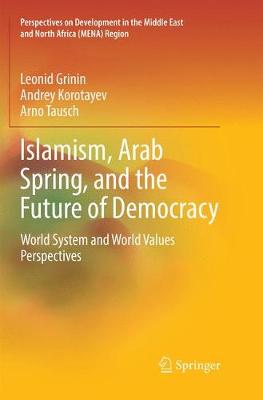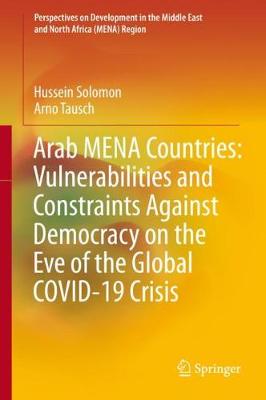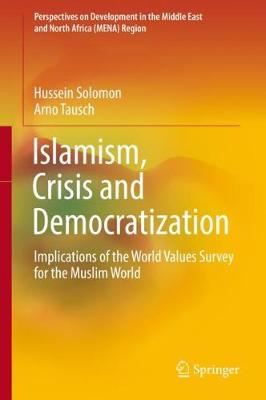Perspectives on Development in the Middle East and North Africa (MENA) Region
3 total works
Islamism, Arab Spring, and the Future of Democracy
by Leonid Grinin, Andrey Korotayev, and Arno Tausch
Arab MENA Countries: Vulnerabilities and Constraints Against Democracy on the Eve of the Global COVID-19 Crisis
by Hussein Solomon and Arno Tausch
This book systematically assesses the value systems of active Muslims around the globe. Based on a multivariate analysis of recent World Values Survey data, it sheds new light on Muslim opinions and values in countries such as Indonesia, Iran, Tunisia, Egypt and Turkey. Due to a lack of democratic traditions, sluggish economic growth, escalating religiously motivated violence, and dissatisfaction with ruling elites in many Muslim countries, the authors identify a crisis and return to conservative values in the Muslim world, including anti-Semitism, religious and sexual intolerance, and views on democracy and secularism, business and economic matters. Based on these observations, they offer recommendations for policymakers and civil societies in Muslim countries on how to move towards tolerance, greater democratization and more rapid economic growth.


